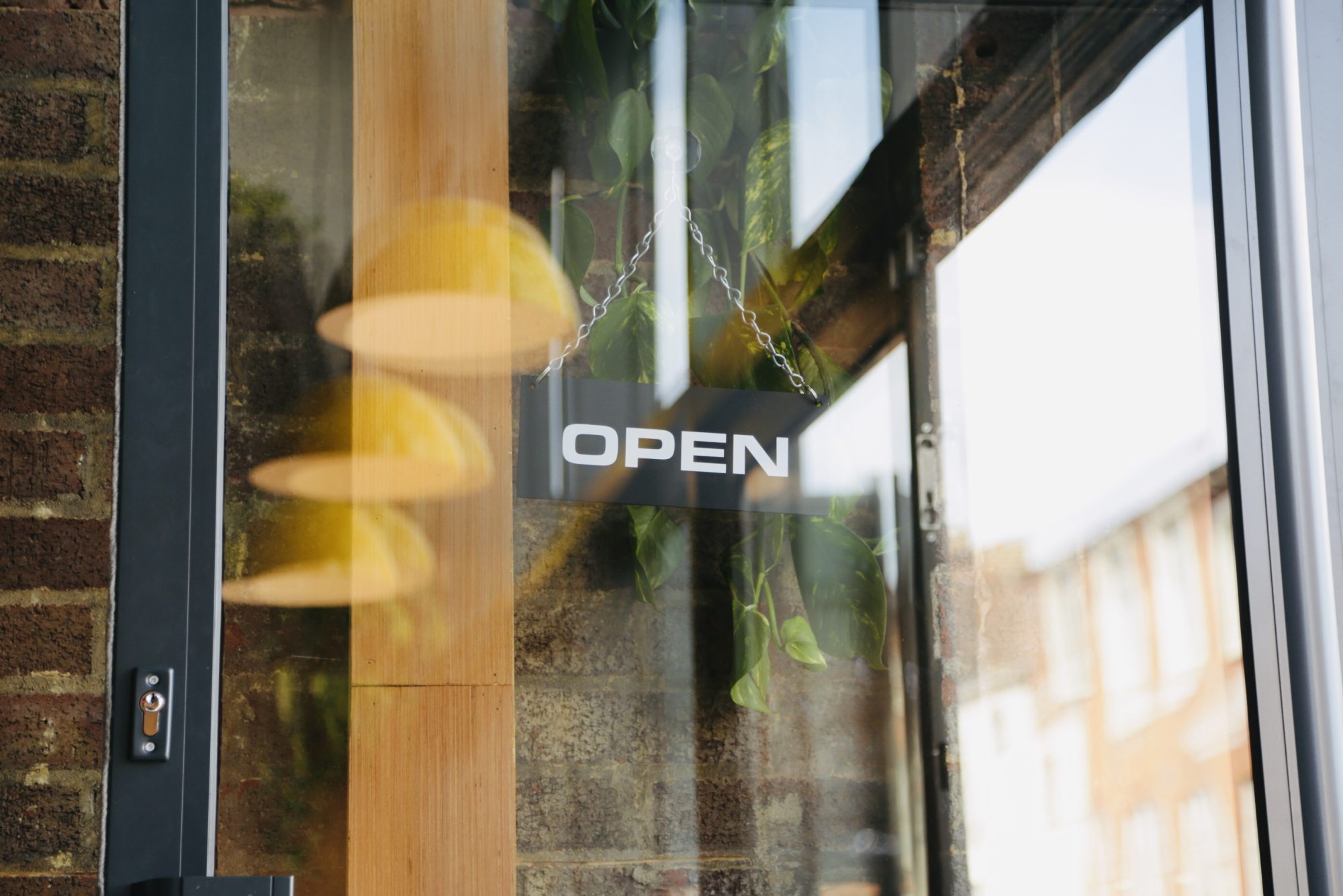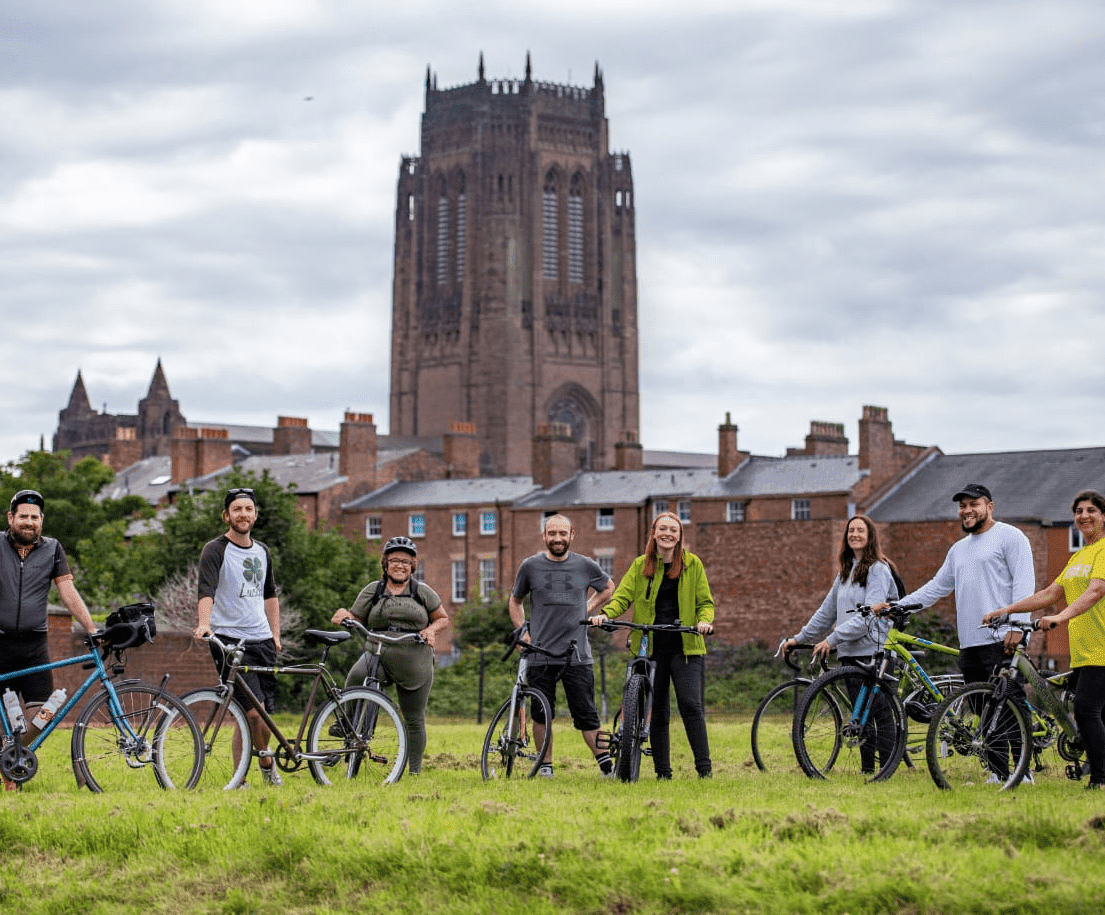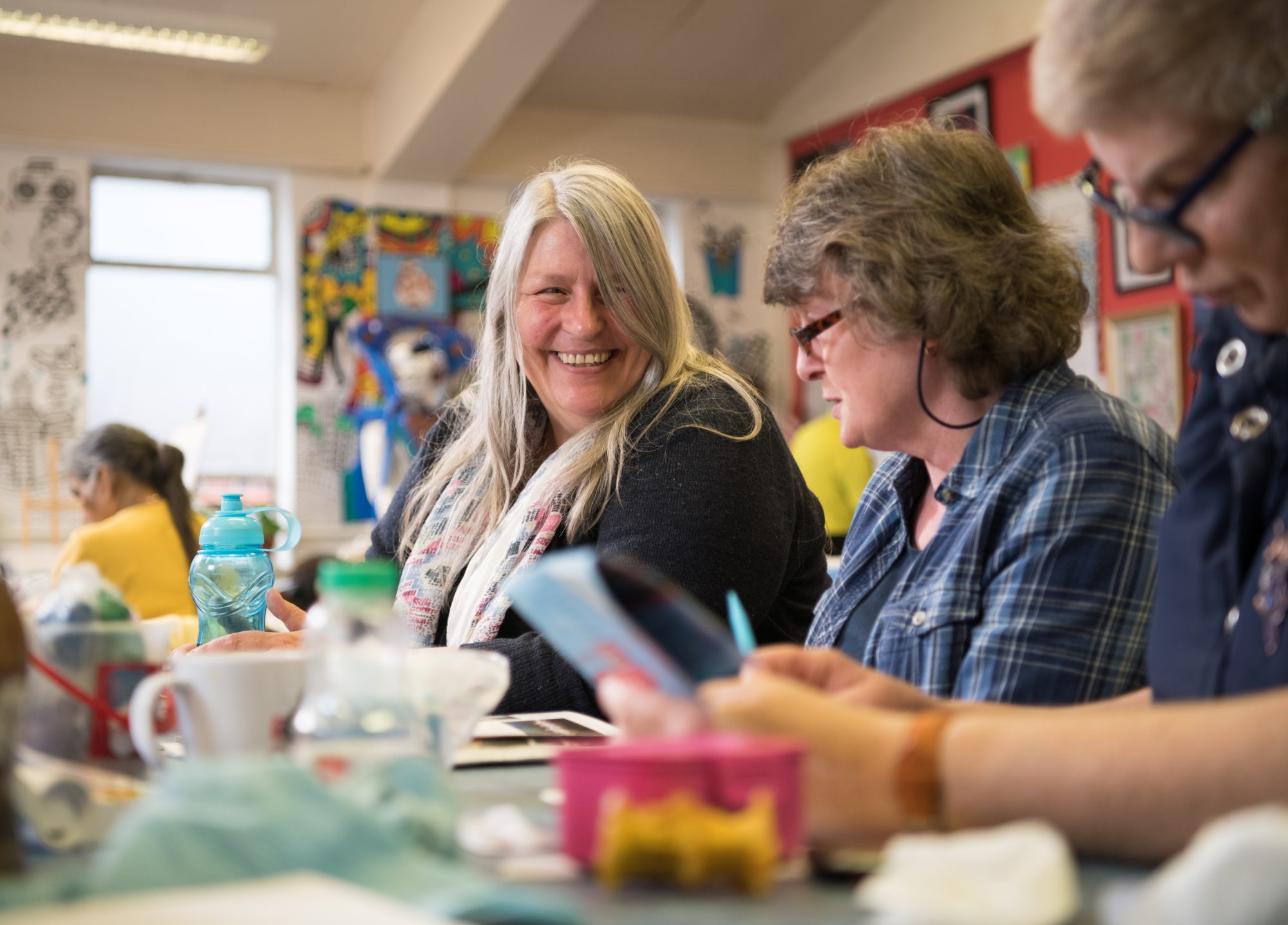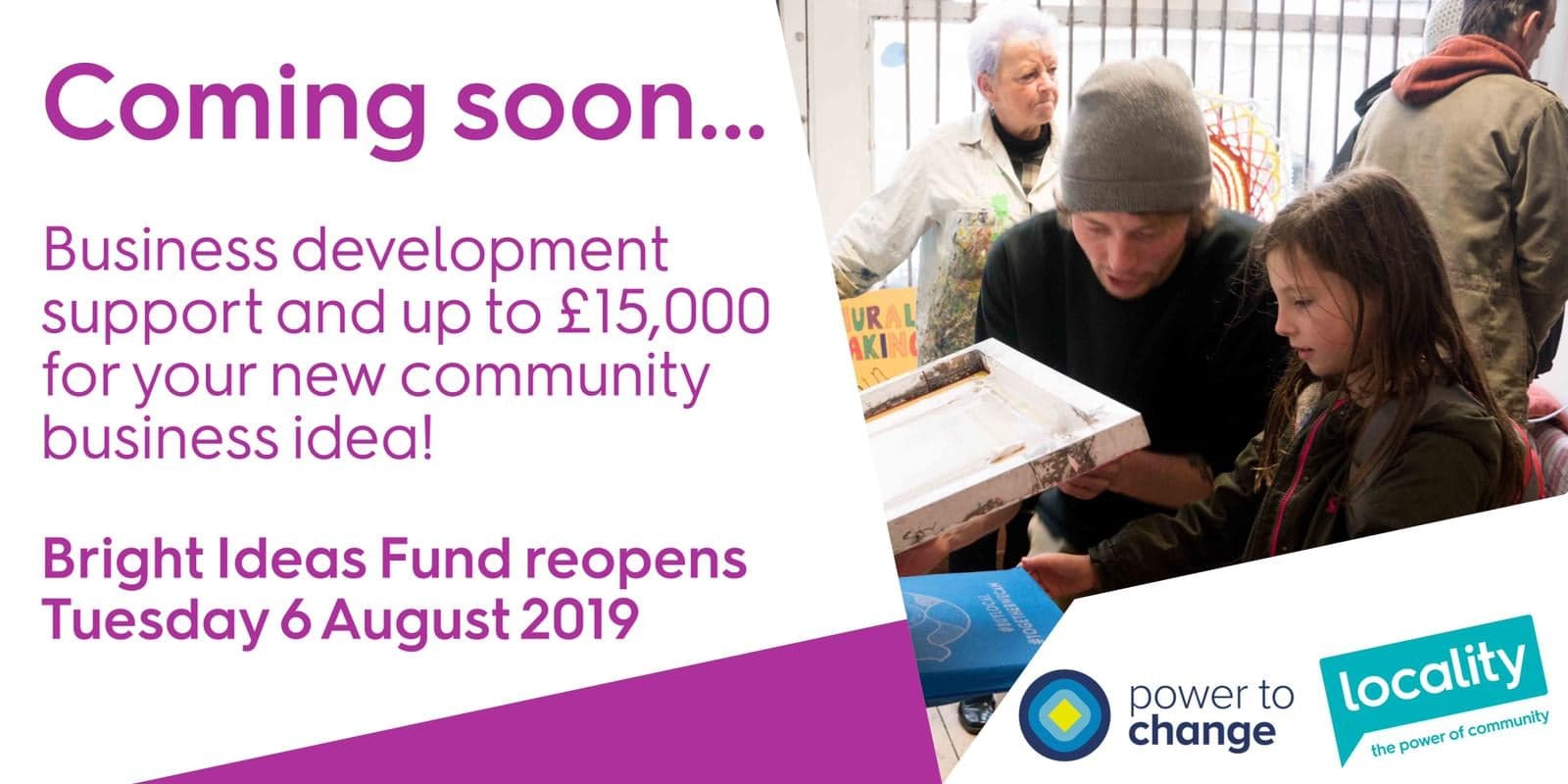Liverpool City Region is a major metropolitan area in the North West of England with 1.6 million residents. It’s a city that’s proud of its industrial and maritime heritage, but there’s socio-economic challenges too.
More than a third of Liverpool City Region neighbourhoods are in the top ten most deprived nationally, significantly higher than all other combined authorities. One way the region is seeking to tackle this is through honing in on inclusive growth and social innovation.
Liverpool City Region Combined Authority (LCRCA) brings together six local councils in Halton, Knowsley, Liverpool, Sefton, St Helens and Wirral. Their vision is to develop Liverpool into ‘the best place to grow up, grow a family, and grow a business.”

Working towards a shared vision
With an estimated 1,400 social economy organisations in the region, accounting for 2.2% of all companies in the region, LCRCA is committed to developing the social economy.
As it stands, the social economy organisations in the region generate £3 billion in annual income and employ 45,000 people. Growing the social economy will not only drive wider economic growth but also tackle deprivation and foster a truly inclusive city.
As such, the social economy has been embedded across LCRCA’s economic development strategy. Liverpool City Region’s Plan for Prosperity sets out a bold vision to build a stronger and more resilient social economy by 2035 through “opening new possibilities to ensure the sector plays an increasingly central role in the local economy – a key marker being the volume and value of contracts being delivered by social enterprises.”
Mayor Steve Rotheram is a vocal advocate for the sector:
“I want the Liverpool City Region to be the UK’s fairest and most inclusive local economy, and social enterprise is at the heart of that.”
– Mayor Steve Rotheram in 2019
But the sector cannot tackle societal challenges alone. The Mayor and LCRCA recognise the need for a supportive intervention to realise its full potential and grow the social economy. In 2019, LCRCA teamed up with local social economy leaders and Power to Change to unlock investment and support for Social Trading Organisations (STOs), a term coined by the Liverpool City Region’s social economy sector. Together we formed Kindred, an independent Community Interest Company (CIC) providing both financial and non-financial support to STOs.
Strategy and implementation
To develop Kindred, 150 STOs fed in via their sector leads, articulating the type of money and support they need as a sector. As such, Kindred is designed to truly reflect the needs and goals of the region’s social economy.
There were notable conditions in place that enabled Kindred’s development. Crucially, there was a ‘critical mass’ of STOs in the region to make the ask to the combined authority. This was thanks to many years of work on the ground by social economy leaders building the capacity of the sector and laying the groundwork for Kindred.
To make the economic case for Kindred, Liverpool University’s Heseltine Institute for Public Policy, Practice and Place set out the scale, scope and value of the Liverpool City Region social economy. The research acted as a catalyst to a new model of funding and helped initiate the early conversations with LCRCA. It highlighted the potential for the social economy to generate social value, new jobs, and Gross Value Added (GVA).
In 2020, we incubated Kindred’s organisational development and committed £1 million to make it a reality. This helped secure a further £5.5 million from LCRCA.
A key component to Kindred’s ongoing success is LCRCA’s approach: strategically partnering with the social trading sector and co-designing the project together.
LCRCA’s bold commitment to the vision for Kindred shows its willingness to put trust in a new and innovative approach to driving inclusive economic growth.
“It was 100% co-developed and led by the needs of the sector which is quite special about it. It’s right it should be like that [serving the needs of the sector]. I don’t think it would have had the same impact if we had put money out through organisations and given them some arbitrary outcomes.”
– LCRCA Senior Investment Manager
Before Kindred, there was dearth of accessible finance available for STOs. Kindred fills this gap, offering patient, interest-free loans – some of which can be repaid through social impact. And it’s not just the finance. Kindred offers relational, peer-led support to STOs, to help them stabilise and grow.
Kindred’s ‘collaborating communities’ support model, with backing from LCRCA, enables micro-businesses to overcome the limitations of their small size through mutual support and collaboration.
The model enables LCRCA’s investment to flow to communities historically underserved by social investment. Their Black-led Social Trader’s Network (BlaST), has helped Black-led STOs work together to tackle non-financial barriers to accessing finance. This led to 25% of Kindred’s investment going to Black-led STOs. Through Kindred, LCRCA have nurtured the local capacity to lead on further developing the social economy within the region.
Kindred has been such a success that their membership has now grown enormously to a movement of over 1,500 members. There is a regional STO directory, Based, which helps STOs enter supply chains and grow further. Kindred is enabling local authorities and STOs to collaborate, such as through the ‘Street and a Half Project’, a partnership with St Helens Borough Council and Platform Places, which is creating a social business incubator space to grow the local social economy.
Kindred acts as a vehicle to channel effective support from the combined authority to the sector. During the Covid-19 pandemic it distributed emergency support. Today, it offers business support using devolved funds from the UK Shared Prosperity Fund (UKSPF).
LCRCA continues to embed the social economy throughout their economic strategy and decision-making processes. Kindred’s Director, Jennifer Van Merwe, sits on the LCR Business and Enterprise Board, bringing business voices across the region closer to economic policymaking. This means the social economy is represented alongside other business sectors. Intentionally aligning the social economy within the business sector has meant, across the board, STOs are recognised as serious drivers of inclusive economic growth.
Kindred has not been without challenges, particularly relating to its sustainability. To provide the type of money and support STOs need to grow, Kindred’s model does need financial top-ups. Kindred is new and innovative, meaning some potential investors are cautious. Kindred celebrates its fifth birthday in 2025, so as the model matures, its impact can be better understood, evidenced, and communicated to help secure those essential next investments.
Read more about Kindred, BLaST, and the community businesses Kindred has supported, such as Café Laziz, Homebaked, Future Yard and Kitty’s Launderette.
What’s next for Liverpool?
Together, we at Power to Change, alongside Kindred and LCRCA, are now collaborating with local social economy experts to build on Kindred’s success to create Liverpool City Region’s Social Investment Pathfinder.
The Pathfinder will further develop the region’s social investment and support ecosystem. It aims to raise an additional £50 million to stimulate economic growth, productivity and innovation across Liverpool City Region through investing in and supporting the social economy. It draws on the findings of the Adebowale Commission for Social Investment. The commission found that the UK social investment market needs reform and that investment is more challenging to access by geography and demography. Similarly to Kindred, 25% of the Pathfinder’s investment will go to Black-led STOs and 50% to women-led STOs.
Following a ‘build and connect’ approach, the Pathfinder will link up the existing investment and support that’s available in the region, whilst creating a new ‘growth fund’. This means STOs can continue to access finance in line with Kindred’s values as they grow, whilst enabling money that’s been repaid to continue to circulate within the local social economy.
We know, thanks to research by the Heseltine Institute, that being unable to access to suitable land or property restricts STO’s ability to grow, even when there is high demand for their products and services. To address this, the Pathfinder will include a Community Asset Holding Company, joining STOs up with unused and underused assets, so the businesses can truly flourish and reach their potential.
As it with Kindred, the Pathfinder is backed by LCRCA but designed by the sector. This commitment shows the combined authority continues to actively support Kindred as an effective model for driving inclusive local growth through developing the social economy. The Pathfinder, too, offers the combined authority an exciting opportunity to attract more inward investment, in turn benefitting its communities.
Kindred and the Pathfinder continue to pave the way for Liverpool City Region as a social innovation pioneer. These programmes demonstrate how, through partnering with the social economy, strategic authorities can ensure money and support flow into communities.



